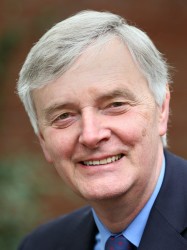BibTex format
@inbook{Fisk:2013:10.4324/9780203066782-27,
author = {Fisk, D},
booktitle = {Urban Energy Systems: An Integrated Approach},
doi = {10.4324/9780203066782-27},
pages = {261--271},
title = {Cities of the future},
url = {http://dx.doi.org/10.4324/9780203066782-27},
year = {2013}
}

